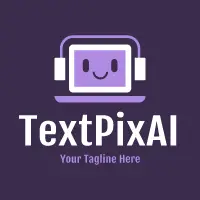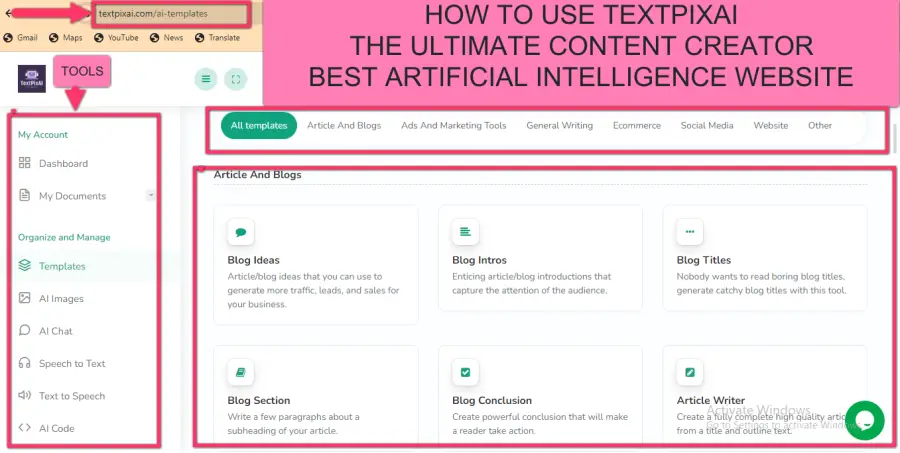AI in Entertainment
Introduction
The entertainment industry, which encompasses film, television, music, gaming, and more, has always been at the forefront of technological innovation. From the advent of sound in movies to the rise of streaming platforms, the industry continually evolves to meet changing consumer preferences. In the 21st century, Artificial Intelligence (AI) has emerged as a powerful force reshaping the entertainment landscape. This comprehensive guide explores the multifaceted impact of AI in entertainment, its key applications, benefits, challenges, and what the future holds.
You may also like to read:
Transforming Agriculture: The Role of AI in Modern Farming
Understanding AI in Entertainment
AI Defined
Artificial Intelligence, or AI, refers to the development of computer systems that can perform tasks requiring human intelligence. These tasks include natural language understanding, problem-solving, pattern recognition, and decision-making.
AI in Entertainment
AI in entertainment involves the application of AI technologies to create, enhance, and distribute content. It enables the industry to streamline operations, personalize user experiences, and innovate in ways previously thought impossible.
Natural Language Processing (NLP) and Computer Vision
Two critical AI subfields relevant to entertainment are Natural Language Processing (NLP) and Computer Vision.
-
Natural Language Processing (NLP): NLP enables machines to understand, interpret, and generate human language. In entertainment, NLP can be used for sentiment analysis of reviews, scriptwriting, and content recommendation.
-
Computer Vision: Computer vision allows machines to interpret and understand visual information from the world, making it vital for tasks such as video analysis, facial recognition, and special effects in movies.
Key Applications of AI in Entertainment
1. Content Creation and Scriptwriting
AI-Generated Content
AI is used to generate content, ranging from news articles to music compositions. In the entertainment industry, AI can assist in scriptwriting, helping writers generate ideas, improve dialogues, and even predict the potential success of a script based on data analysis.
Case Studies
- Scriptbook: Scriptbook is an AI platform that uses machine learning algorithms to analyze scripts and predict box office success. It provides valuable insights to filmmakers about potential audience engagement.
2. Personalized Content Recommendation
Content Discovery
AI algorithms analyze user preferences, viewing history, and behavior to recommend personalized content. Streaming platforms like Netflix and Spotify heavily rely on AI to suggest movies, TV shows, and music to users.
Enhancing User Experience
Personalized content recommendations enhance user satisfaction by ensuring that viewers are presented with content aligned with their tastes, leading to increased engagement and longer subscription retention.
3. Video Analysis and Editing
Automated Video Editing
AI-powered video analysis can automatically identify the most engaging moments in videos. This technology streamlines the video editing process, making it faster and more efficient.
Special Effects and Animation
AI-driven technologies like deep learning have been used in special effects and animation to create lifelike characters and breathtaking visual effects in movies and video games.
4. Music Composition and Production
AI-Generated Music
AI algorithms can compose original music and even mimic the style of famous composers. This is particularly useful for creating soundtracks for films, video games, and advertisements.
Music Enhancement
AI can also enhance the quality of recorded music by removing noise, improving mixing, and even modifying vocals in real time during live performances.
5. Virtual Reality (VR) and Augmented Reality (AR)
Immersive Experiences
AI plays a pivotal role in enhancing VR and AR experiences. It can generate realistic 3D environments, enable natural interactions with virtual objects, and provide real-time language translation during immersive VR travel experiences.
Benefits and Impact
Enhanced Creativity
AI can assist creative professionals in brainstorming ideas, automating repetitive tasks, and generating novel content. This boosts creativity and allows artists to focus on the most innovative aspects of their work.
Cost Efficiency
AI-driven automation reduces production and post-production costs. For example, automated video editing can significantly decrease the time and resources required to produce high-quality content.
Improved User Engagement
Personalized content recommendations lead to increased user engagement and retention, benefiting streaming platforms, music services, and advertisers.
Accessibility
AI-driven closed captioning and audio descriptions enhance the accessibility of entertainment content for individuals with disabilities, fostering inclusivity.
Challenges and Considerations
Intellectual Property
Determining ownership and intellectual property rights for AI-generated content and works can be complex. Legal frameworks must adapt to address these evolving challenges.
Bias and Fairness
AI algorithms can inherit biases present in training data. Ensuring fairness in content recommendations and avoiding perpetuation of stereotypes is an ongoing concern.
Human Relevance
Balancing AI-generated content with human creativity is a challenge. The entertainment industry must decide when AI is a tool for artists and when it is a creative contributor.
Success Stories and Case Studies
OpenAI's GPT-3 in Creative Writing
OpenAI's GPT-3 has been employed to write articles, poems, and even entire books. Its ability to mimic the style of famous authors showcases the potential of AI in creative writing.
Magenta: Google's Music and Art Generation AI
Magenta is an open-source research project by Google that explores the role of AI in art and music generation. It has produced AI-generated music compositions and artworks.
Netflix's Content Recommendation Algorithm
Netflix's recommendation algorithm, powered by AI, is estimated to save the company over a billion dollars annually by retaining subscribers through personalized content suggestions.
Future Trends and Innovations
AI-Enhanced Live Performances
AI is being used to create immersive and interactive live performances, combining music, visuals, and audience engagement. This trend is likely to grow, offering unique entertainment experiences.
AI in Video Game Development
AI is increasingly used in video game development, creating dynamic and adaptive gameplay experiences that respond to player actions in real time.
AI-Enhanced Storytelling
AI tools are evolving to assist in storytelling by generating plot ideas, character development, and even dialogue in video games and interactive narratives.
Conclusion
AI's integration into the entertainment industry is transformative, ushering in new possibilities for content creation, personalization, and audience engagement. While challenges related to bias and creativity persist, AI's potential to enhance creativity, reduce costs, and improve user experiences cannot be overstated. As technology continues to advance, AI's role in entertainment will only expand, reshaping how we consume and interact with content.
The entertainment industry must embrace these changes, adapt to new technologies, and prioritize ethical considerations to ensure a vibrant, inclusive, and innovative future.







